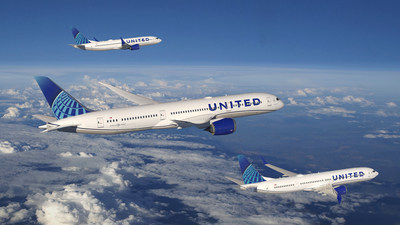The Federal Aviation Administration (FAA) has issued its latest airworthiness directive, which aims to prevent the potential loss of the Boeing 777's horizontal stabilizer and will require airline operators to conduct checks of all their 777s for potential cracking.
The directive will come into effect on June 30 and apply to all variants of Boeing's twinjet widebody, including the 777-200, 777-200ER, 777-200LR, 777-300ER, and 777F cargo aircraft.
Explaining the reason behind the directive, FAA issued a statement saying: “The FAA is issuing this AD to address cracking in the STA 2370 pivot bulkhead forward outer chord. Such cracking, if not detected and corrected, could result in a severed pivot bulkhead outer chord, loss of horizontal stabilizer control, and loss of controllability of the airplane."
Estimates show that there are currently more than 220 Boeing 777s registered in the US, while worldwide, over 1,600 have been built since 1994.
The largest operator in the US is United Airlines, with 96 Boeing 777s currently in its fleet (37 777-200s, 55 777-200ERs, and 22 777-300ERs). Globally, it is no surprise that the largest 777 fleet belongs to Emirates, with 10 777-200LRs, 11 777Fs, and a staggering 124 777-300ERs.
The horizontal stabilizer is an integral part of an aircraft's structure, providing longitudinal stability for the aircraft and keeping it in trim. The vertical stabilizer gives the pilots directional control of the aircraft.
As per the directive, the inspection involves carrying out repetitive detailed and high-frequency eddy current inspections of the pivot bulkhead and longeron fitting for cracking. The inspections were first advised by Boeing in a service bulletin in April 2022 and were reinforced by the FAA's airworthiness directive.
The inspections are expected to cost around $4,300, the need to inspect all of their 777s presents a significant financial outlay for airlines. If repair works are needed following the inspection, this cost would further climb to over $40,000 per side of the aircraft. Meanwhile the airline will have to face the added brunt of operational disruption due to grounded fleet for maintenance and repair work.

